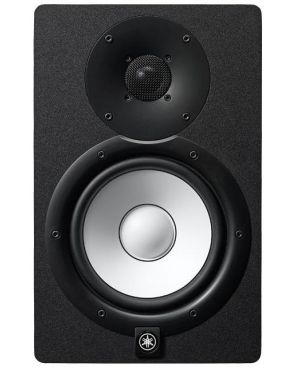
-
Best Seller
 In Stock
In Stock -
 In Stock
In Stock -
Starter Pack
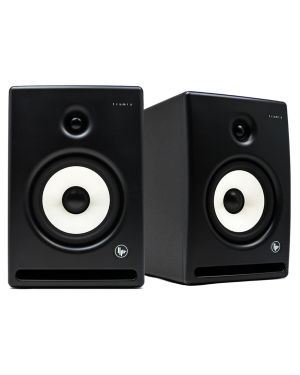 In Stock
In Stock -
Backstage DealIn Stock
-
Starter Pack
 In Stock
In Stock -
 In Stock
In Stock -
 In Stock
In Stock -
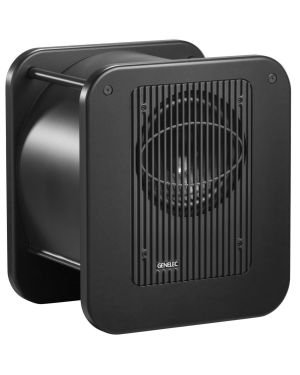 In Stock
In Stock -
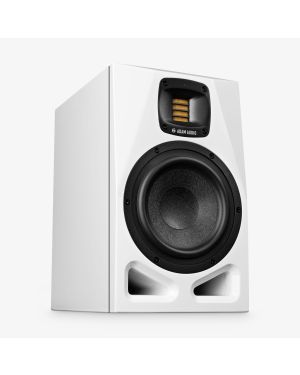 In Stock
In Stock -
 In Stock
In Stock -
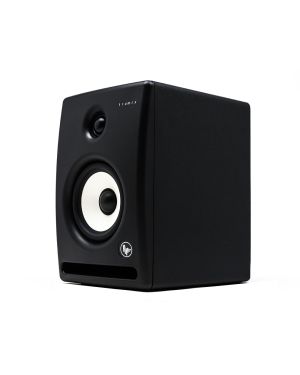 In Stock
In Stock -
Best Seller
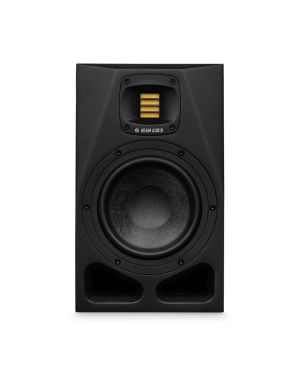 In Stock
In Stock -
Starter Pack
 In Stock
In Stock -
 In Stock
In Stock -
 In Stock
In Stock -
 In Stock
In Stock -
 In Stock
In Stock -
 In Stock
In Stock -
 In Stock
In Stock -
 Pre-Order
Pre-Order -
 Pre-Order
Pre-Order -
 Pre-Order
Pre-Order -
 Pre-Order
Pre-Order -
 In Stock
In Stock
A HUGE SELECTION OF STUDIO MONITORS AND MONITOR SPEAKERS TO SUIT ALL BUDGETS
There are many different types of studio monitors, but most commonly they will be either passive or active. Active studio monitor speakers have internal amplifier sections and are often bi-amplified. Passive models require a peripheral amplifier to work.
Most professional setups will use active monitors, which offer a more defined sound, due to features such as optimised power amps for each driver and more precise line-level crossovers, for instance.
Buying your first pair of studio monitor speakers or upgrading to a new model can be a daunting and often mind-blowing experience.
At PMT we carefully select our range and offer only the best quality speakers at ultra competitive prices so you get the best sound for your studio or home set up at a budget that suits you.
FAQs
-
Who are Alto Professional?
-
Are Alto Professional a good brand?











